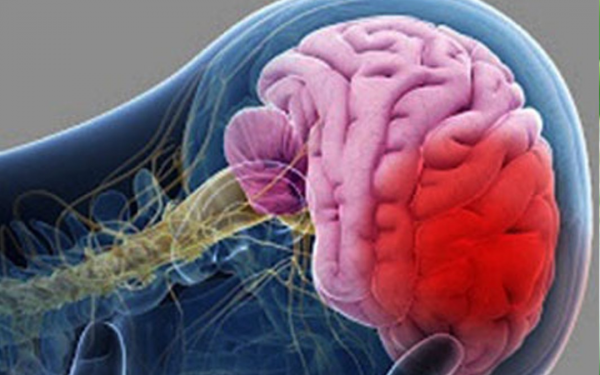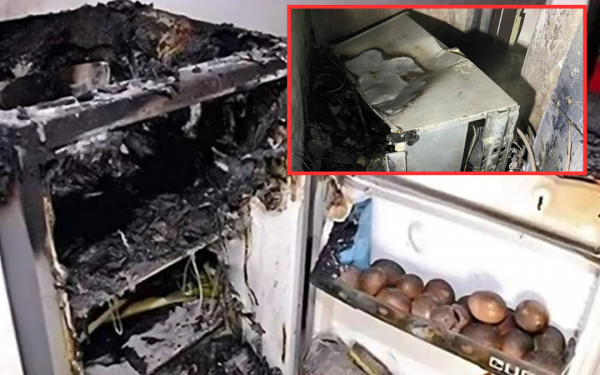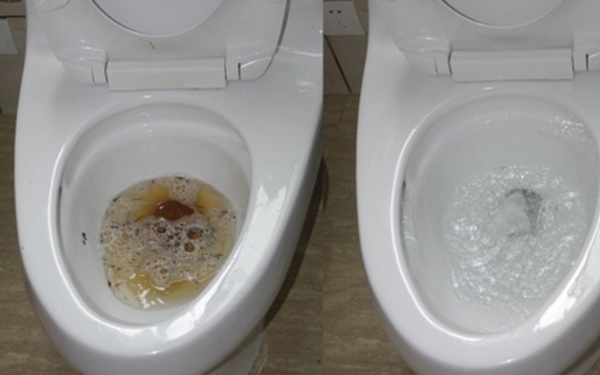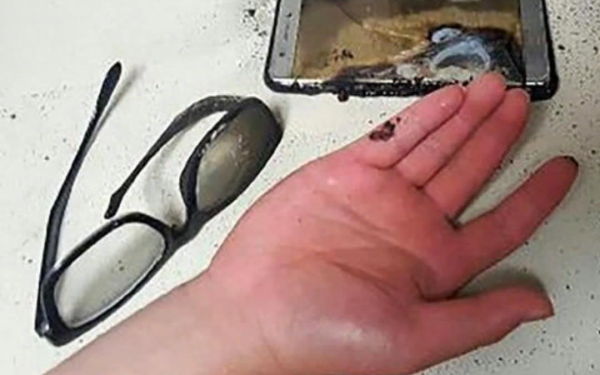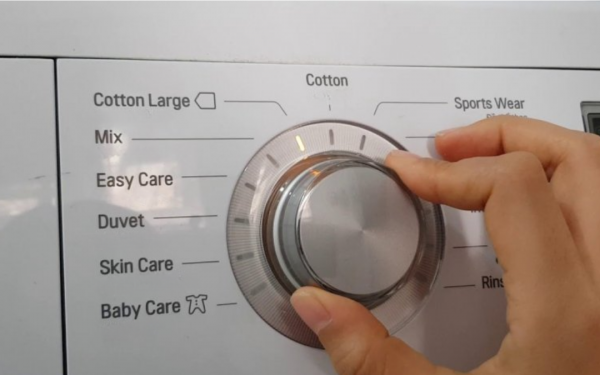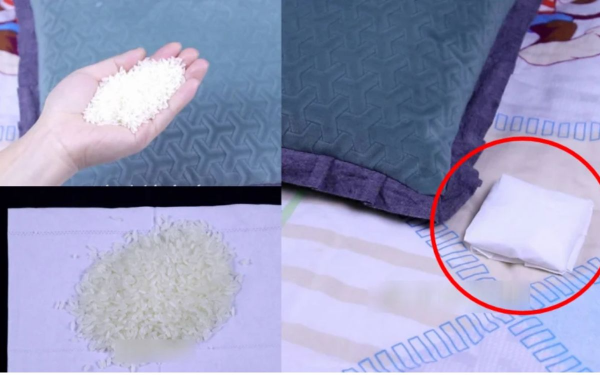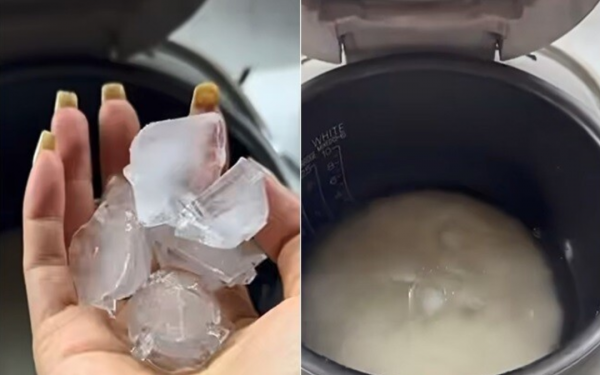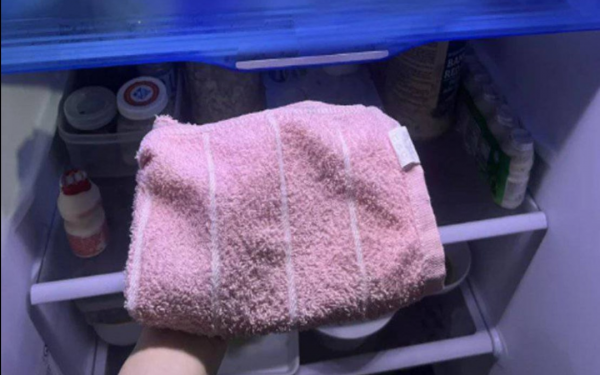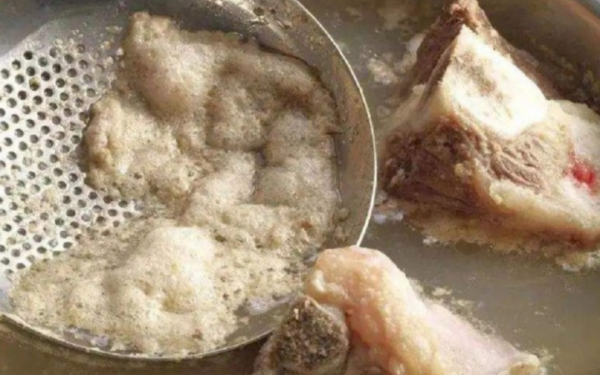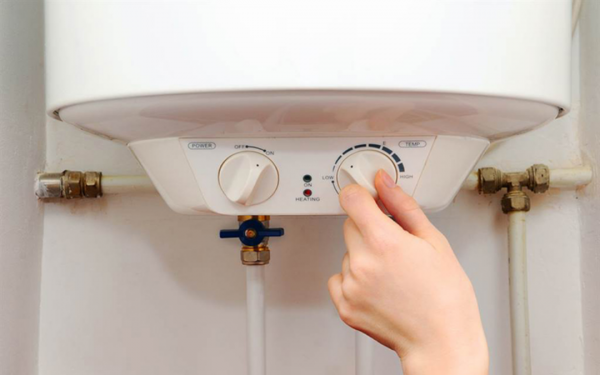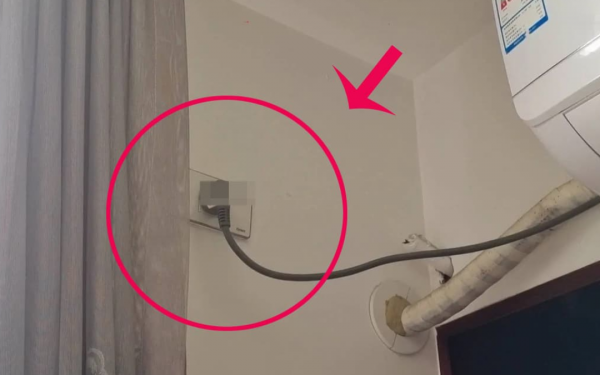Almost lost the opportunity to become a father because of a common infertility disease in men
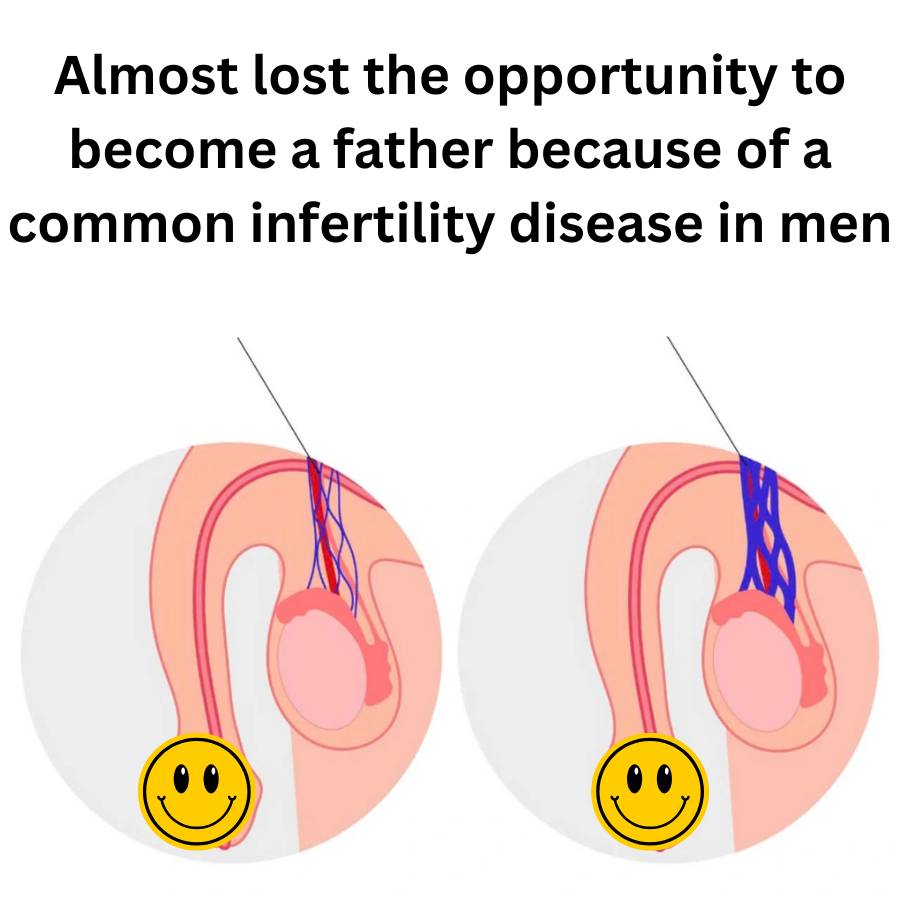
Varicocele is a common male reproductive condition that occurs when the veins in and around the spermatic cord become congested, enlarged, and dilated, leading to a decline in sperm quality and quantity, and causing infertility.
About 10-15% of men are affected by this condition, but the prevalence is higher among men diagnosed with infertility, with the rate reaching 20-40%.
What is varicocele?
The spermatic cord is a bundle of vessels that runs from each testicle to the lower abdomen, containing the vas deferens, blood vessels, lymphatic vessels, and nerves. Varicocele is a condition where the veins in and around the spermatic cord (such as the internal spermatic vein, external spermatic vein, and scrotal veins) become congested and unable to drain blood properly. This leads to dilation, enlargement, and even branching of the veins into varicose-like clusters, which negatively affects sperm quantity and quality.
90% of men with varicocele have poor-quality sperm, and 65% have sperm counts lower than normal. Men with varicocele may sometimes feel a heavy sensation in the scrotum, and upon palpation, the veins in the scrotum may feel like a "bag of worms." Furthermore, the blood congestion caused by varicocele leads to a decrease in sperm count, weak sperm, malformed sperm, increased sperm DNA fragmentation, and prolonged conditions leading to testicular atrophy and dysfunction.
What’s notable is that most cases of varicocele have no clear symptoms, making it difficult for patients to detect. It is often discovered only when couples experience difficulty in conceiving and seek infertility treatment.
Diagnosis and treatment of varicocele
The diagnosis of varicocele is primarily based on clinical examination by a specialist (urologist, andrologist) and Doppler ultrasound of the scrotum. Additionally, blood tests and semen analysis help the doctor assess the endocrine and exocrine functions of the testes (sperm quality and quantity).
What is varicocele?
The spermatic cord is a bundle of vessels that runs from each testicle to the lower abdomen, containing the vas deferens, blood vessels, lymphatic vessels, and nerves. Varicocele is a condition in which the veins in and around the spermatic cord (such as the internal spermatic vein, external spermatic vein, and scrotal veins) become congested and fail to properly drain blood. This leads to vein dilation, enlargement, and even branching into varicose-like clusters, negatively impacting sperm quantity and quality.
About 90% of men with varicocele have poor-quality sperm, and 65% have sperm counts lower than normal. Men with varicocele may occasionally experience a heavy sensation in the scrotum, and upon palpation, the veins in the scrotum may feel like a "bag of worms." Additionally, the blood congestion caused by varicocele reduces sperm count, weakens sperm, leads to malformed sperm, increases sperm DNA fragmentation, and can result in prolonged testicular atrophy and dysfunction.
What is notable is that most cases of varicocele do not present clear symptoms, making it difficult for patients to detect. It is often only discovered when couples experience difficulty conceiving and seek infertility treatment.
Diagnosis and treatment of varicocele
Varicocele is primarily diagnosed through a clinical examination by a specialist (urologist, andrologist) and a Doppler ultrasound of the scrotum. Additionally, blood tests and semen analysis help doctors assess the endocrine and exocrine functions of the testes (sperm quality and quantity).
